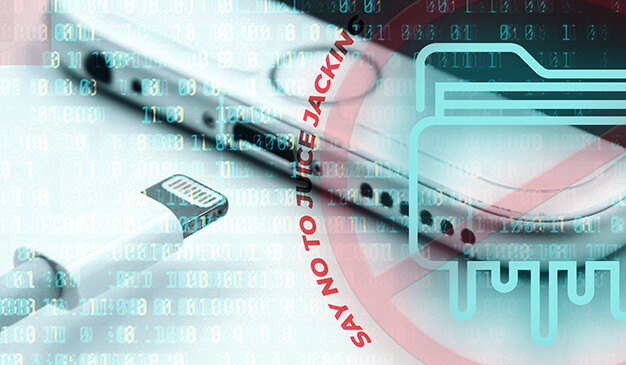
Juice jacking is a form of cyber-attack involving a charging port that doubles as a data connection, typically over USB. This often involves either installing malware or secretly copying sensitive data from a smart phone, tablet, or other computer device.
One may have noticed that when you charge your phone through the USB port of your computer or laptop, the option to move files back and forth between the two systems will open up. That’s because a USB port is not simply a power socket but it can further be divided into data theft & malware installation.
Cybercriminals could steal any or all data from mobile devices connected to charging stations through their USB ports. Data theft can be fully automated. A cybercriminal could breach an unsecured small stand-alone device providing information and services on a computer using malware, then drop an additional payload that steals information from connected devices There are also many malicious applications that can duplicate all of one phone’s data to another phone, using a Windows or Mac computer as a middleman.
Involve installing malware onto a user’s device through the same USB connection. In this data theft isn’t always the end goal, though it often takes place within the service of other criminal activities. If threat actors were to steal data through malware installed on a mobile device, it wouldn’t fall upon USB connection but instead happen over time. This way, hackers could gather more and varied data, like GPS locations, purchases made, social media interactions, photos, call logs, and other ongoing processes.
Copyright PintuPro 2021